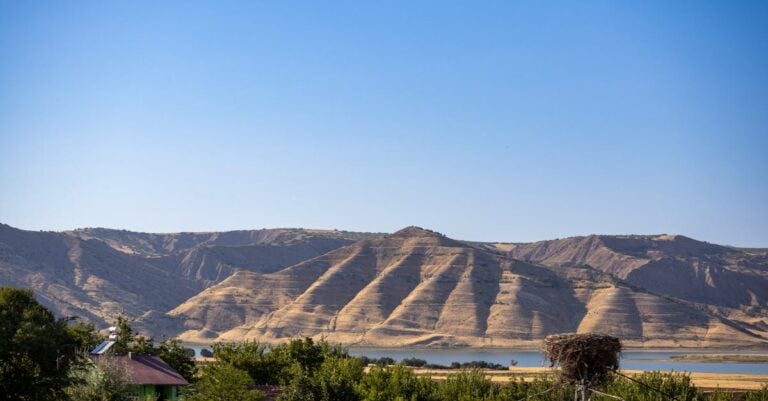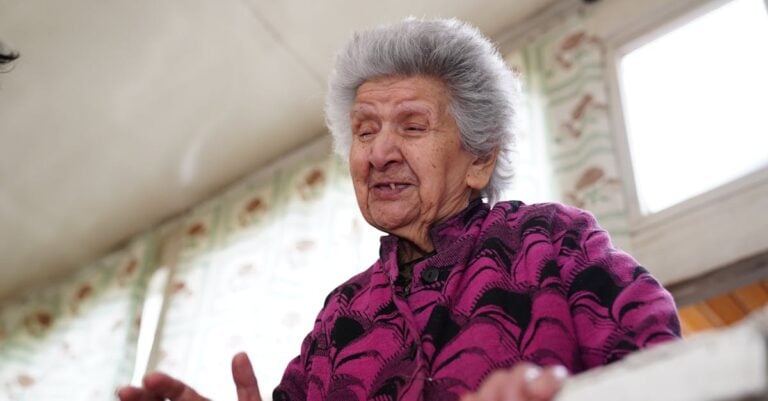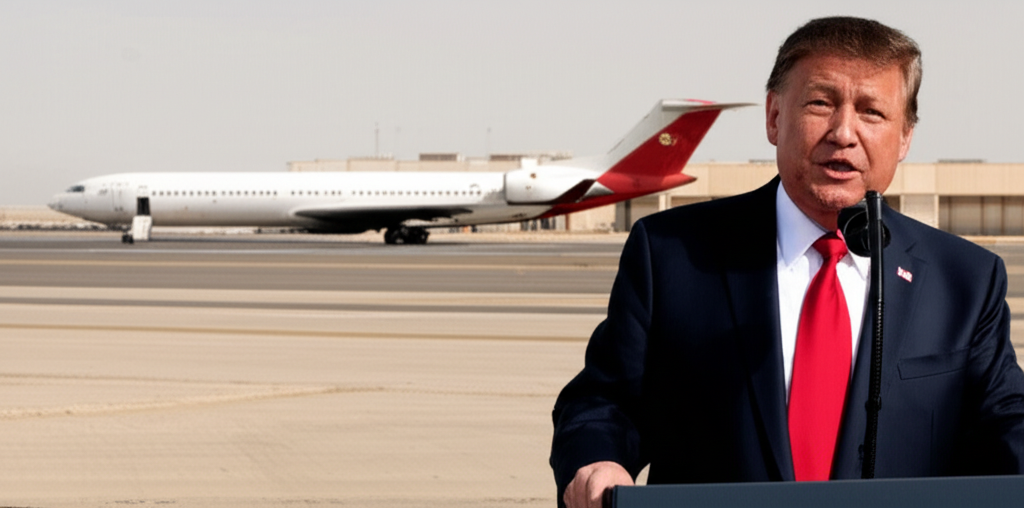
China has formally responded to remarks from former U.S. President Donald Trump regarding a potential American return to the strategic Bagram Air Base, stating that any such decision must be made by Afghanistan and its people. The commentary from Beijing underscores the complex geopolitical landscape surrounding the Central Asian nation, particularly concerning the competing interests of global powers. A spokesperson for the Chinese Foreign Ministry emphasized that the future of the air base, a significant military facility, is a matter of Afghan sovereignty. This official stance was articulated following Mr. Trump’s public expression of interest in re-establishing a U.S. presence at the facility, citing its valuable proximity to China. The dialogue highlights the ongoing strategic calculations by Washington and Beijing, with Afghanistan’s future hanging in the balance. China’s position prioritizes the autonomy of the current Afghan government in making determinations about foreign military installations on its soil, a point made explicitly clear during a media briefing.

China’s Official Stance on Bagram Air Base
The Chinese government’s position was detailed by Foreign Ministry spokesperson Lin Jian during a press conference. He stated unequivocally that China respects Afghanistan’s territorial integrity and sovereignty. This principle, he elaborated, means the ultimate decision regarding the use or reoccupation of the Bagram Air Base rests solely with the Afghan people. “The future of Afghanistan should be in the hands of Afghan people,” Lin said, a statement that reinforces Beijing’s policy of non-interference in the internal affairs of other nations. The spokesperson’s comments serve as a direct reply to the scenario proposed by the former U.S. president.
Furthermore, Lin Jian cautioned against actions that could escalate regional instability. “Our stress is that hyping up regional tensions does not win support,” he stated, suggesting that public discussions about re-establishing a foreign military presence for strategic competition could be counterproductive. China, according to the spokesperson, hopes that all involved parties will instead choose to “play a constructive role for regional stability.” This appeal for a constructive approach reflects Beijing’s desire for a stable environment in its neighboring regions, which it views as essential for its own security and economic interests, such as investments in Afghan resources. The message conveyed is one that favors diplomatic and stable solutions over military posturing, especially in a region that has experienced decades of conflict. The Chinese perspective firmly places the agency and responsibility for such critical decisions with the governing authorities in Kabul.
Donald Trump’s Remarks and Rationale
Former President Donald Trump publicly expressed a clear desire for the United States to regain control of the Bagram Air Base, an asset the U.S. military departed from four years ago. Speaking during a press conference while visiting the UK, where he appeared alongside British Prime Minister Keir Starmer, Trump outlined his strategic reasoning for wanting the base back. He directly linked the value of the base to its geographical location relative to China, which he identified as a primary economic and military competitor to the United States. His comments indicate that, in his view, the base represents a critical strategic advantage in the broader context of U.S.-China relations.
The core of his argument centered on the facility’s close proximity to sensitive Chinese locations.
“But one of the reasons we want that base is, as you know, it’s an hour away from where China makes its nuclear weapons. So a lot of things are happening,” he said.
This statement explicitly frames the potential reacquisition of the Bagram Air Base as a move to monitor or contain a strategic rival. Trump also alluded to ongoing discussions with the interim government in Afghanistan, led by the Taliban. He suggested that the U.S. has leverage in these talks, stating, “We’re trying to get it back because they need things from us.” This implies a transactional approach to re-establishing relations, where U.S. assistance or recognition could be exchanged for access to strategic assets like the air base. His remarks portray the facility not just as a tool for regional security but as a key piece in a global power competition.
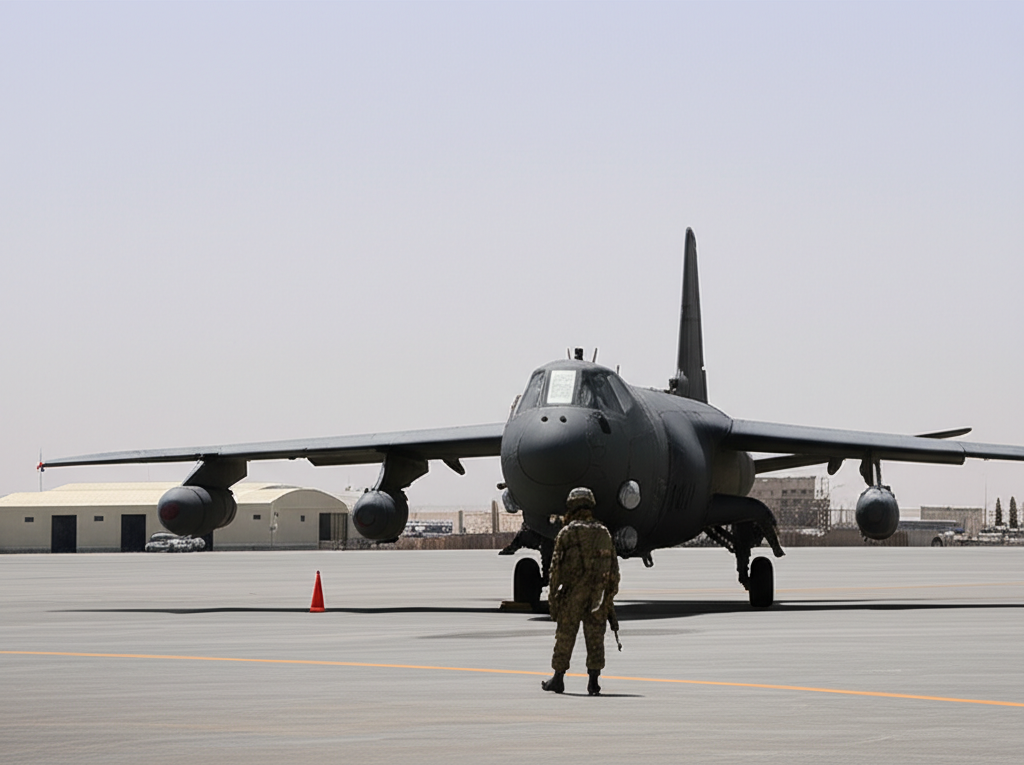
- China asserts that the decision regarding the U.S. presence at Bagram Air Base belongs to Afghanistan.
- Former U.S. President Donald Trump stated a desire to reacquire the base, citing its proximity to China.
- The U.S. military withdrew from the base four years ago, preceding the Taliban’s takeover of Kabul.
- China has since established diplomatic ties and initiated economic projects with the Taliban government.
Background
The context for these recent statements is rooted in the significant geopolitical shifts that have occurred in Afghanistan over the past several years. The sprawling Bagram Air Base was the epicenter of American military operations in the country for two decades. However, the U.S. conducted a complete and chaotic withdrawal of its troops four years ago. This withdrawal was carried out under the orders of President Joe Biden, who is Donald Trump’s predecessor. The departure of American forces created a power vacuum that was swiftly filled by Taliban militants, who took control of the capital city, Kabul, and established an interim government.
In the aftermath of the U.S. departure, other regional powers, most notably China, have adjusted their diplomatic and economic strategies. While the U.S. and many Western nations have not formally recognized the Taliban government, China has taken a different approach. Beijing has established formal diplomatic relations with the Taliban-led administration in Kabul, signaling a willingness to engage with the new authorities. Beyond diplomatic engagement, China has also pursued economic interests in the resource-rich country. The source material notes that China has made investments aimed at reviving a copper mine and has also initiated projects for oil extraction. This economic activity contrasts sharply with the U.S. military withdrawal, illustrating a different model of influence and engagement in post-American Afghanistan. These developments form the backdrop against which Trump’s comments and China’s response are being interpreted by international observers.
What’s Next
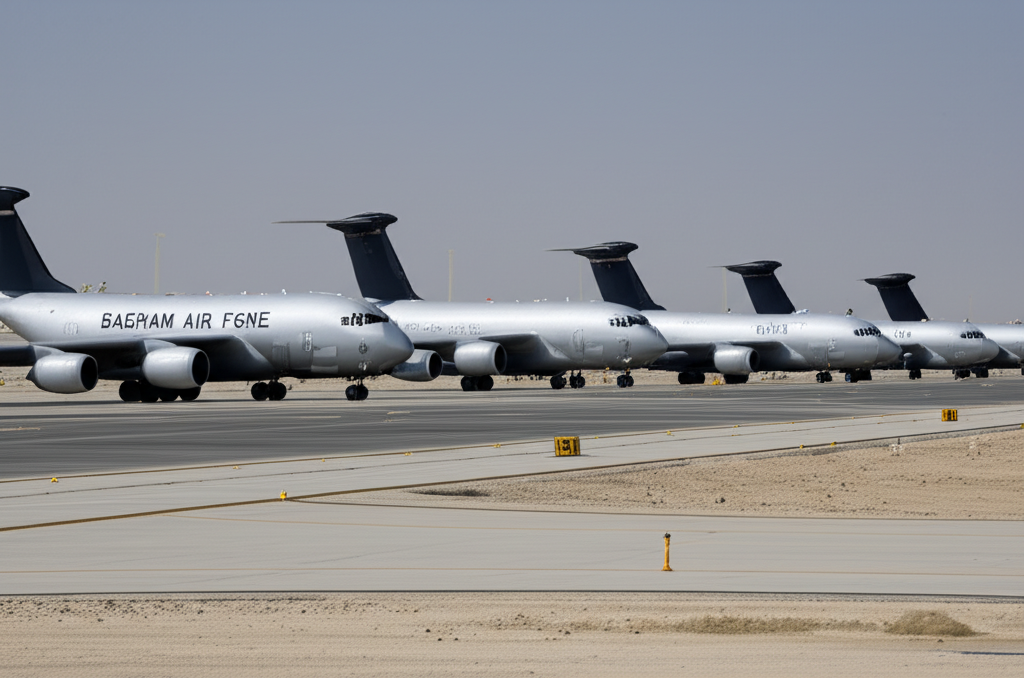
The path forward for the Bagram Air Base and for Afghanistan’s relations with global powers remains uncertain, shaped by the conflicting interests articulated by Washington and Beijing. Former President Trump’s comments suggest a potential future U.S. policy centered on re-engagement, albeit for reasons of strategic competition with China. His claim that “We’re trying to get it back because they need things from us” points to the possibility of future negotiations between U.S. interlocutors and the Taliban’s interim government. The nature of what Afghanistan might “need” from the U.S. is not specified, but it could involve economic aid, international recognition, or sanctions relief, which could be used as leverage to secure access to the base.
Conversely, China’s stated position sets a different tone for the future. By calling on all “relevant sides” to “play a constructive role for regional stability,” Beijing is advocating for a de-escalatory approach. This perspective prioritizes stability over confrontation, a stance that aligns with its ongoing economic investments in the country. The ultimate decision, as China frames it, will be made in Kabul. The Afghan leadership will have to weigh the potential benefits of a renewed American security partnership against the diplomatic and economic relationship it is building with China. The future of the Bagram Air Base is therefore intrinsically linked to the broader diplomatic direction the Taliban government chooses to pursue, navigating the competing strategic objectives of the United States and China. More details can be found in the original report. [Source]

